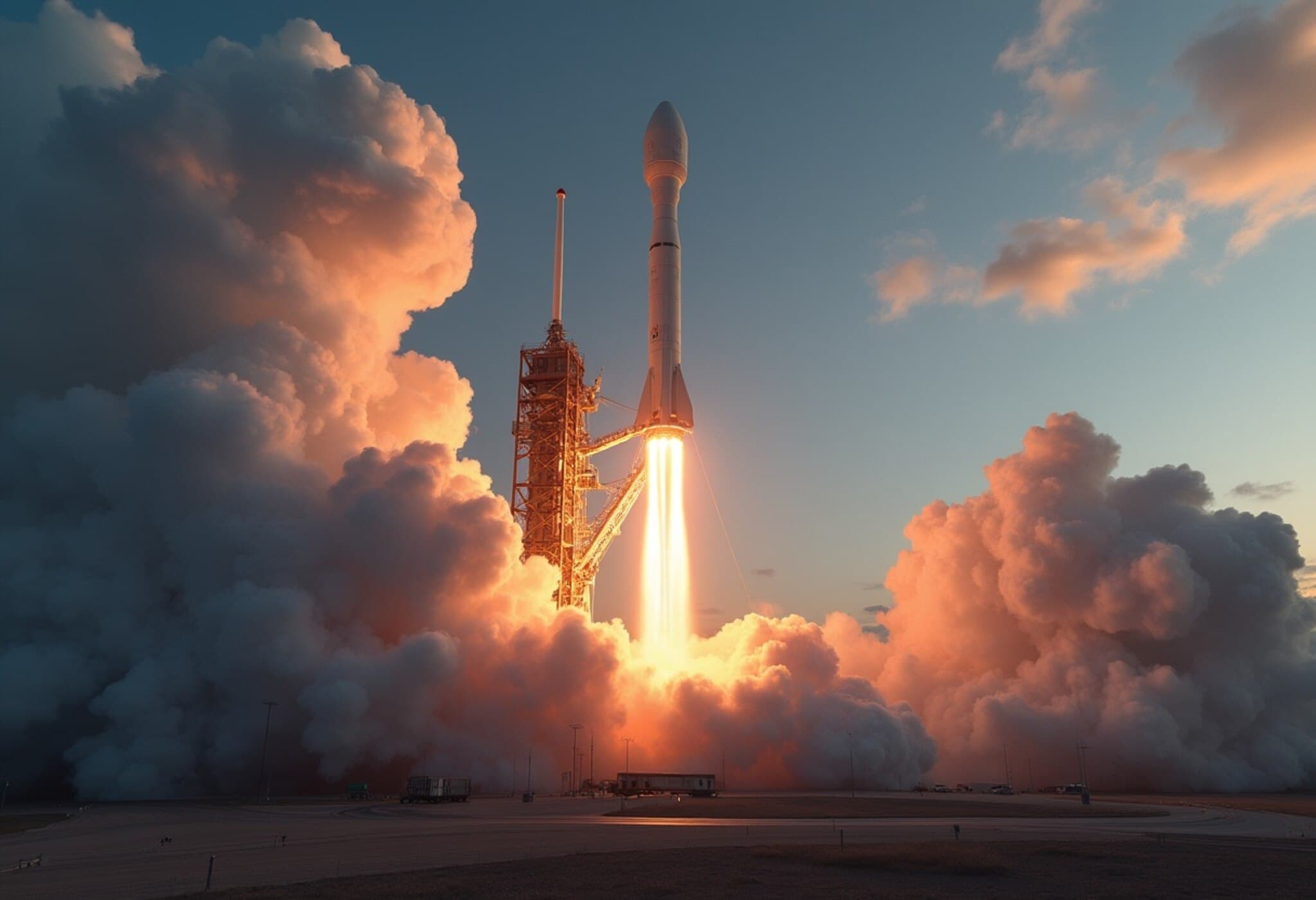Amazon Advances Kuiper Satellite Network with Second Launch
Amazon has successfully launched its second set of satellites for Project Kuiper, stepping up its bid to establish a powerful internet constellation in low Earth orbit. The United Launch Alliance (ULA) Atlas V rocket lifted off from Cape Canaveral, Florida, carrying 27 new satellites aimed at expanding Amazon’s satellite broadband coverage.
Details of the Launch
The rocket took off at 6:54 a.m. ET from the Cape Canaveral Space Force Station. Following a previous delay caused by both adverse weather and technical issues, the launch marked an important milestone for Amazon’s ambitious space internet project.
Ben Chilton, an ordnance engineer for ULA, expressed excitement during the livestream broadcast: “We have ignition and lift off of United Launch Alliance Atlas V rocket carrying satellites for Amazon's Project Kuiper internet constellation, continuing a new chapter in low Earth orbit satellite connectivity.”
Challenging Starlink's Dominance
Project Kuiper, first announced six years ago, is Amazon’s strategy to build a vast network of satellites offering broadband internet worldwide. The move aims to rival SpaceX’s Starlink, which currently dominates with approximately 8,000 satellites in orbit.
April of this year saw Amazon’s initial successful launch of 27 Kuiper satellites. The emerging constellation now totals 54 satellites in orbit, part of an extensive plan to deploy 3,236 satellites overall. This ambitious timeline comes with regulatory pressure: Amazon must launch at least half of these—1,618 satellites—by July 2026, according to Federal Communications Commission requirements.
A Growing Launch Schedule and Partnerships
To meet these targets, Amazon has secured over 80 launch contracts with multiple providers. Notably, it has partnered even with SpaceX, despite being its primary competitor in the satellite internet race. This diverse launch strategy helps Amazon accelerate deployment while navigating complex launch logistics and competition.
What’s Next for Project Kuiper?
- Continued satellite launches ramp up broadband coverage capabilities.
- Meeting the FCC’s deadline is critical to maintaining operational licenses.
- Competition with Starlink intensifies as coverage areas overlap.
- Amazon explores global infrastructure expansion beyond just satellite deployment.
As the race to provide fast, global internet connectivity heats up, Amazon positions itself as a formidable contender alongside existing providers. The development of Project Kuiper marks not just technical innovation, but also the growing importance of accessible broadband from space.












